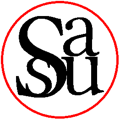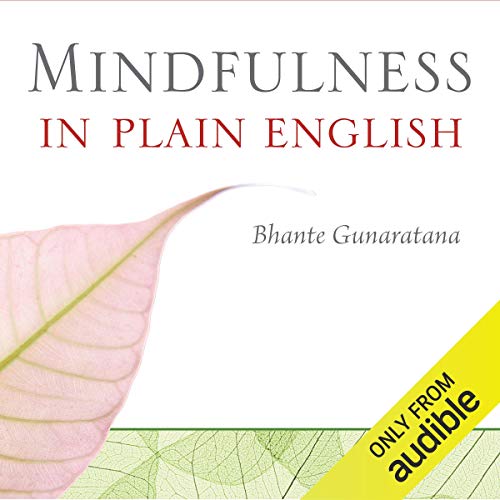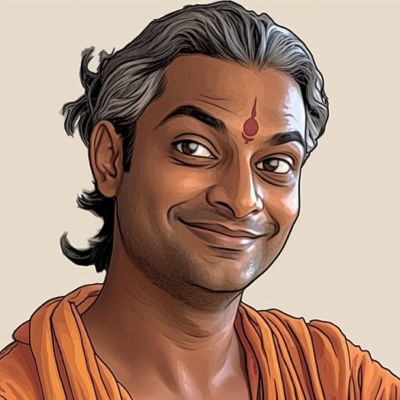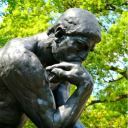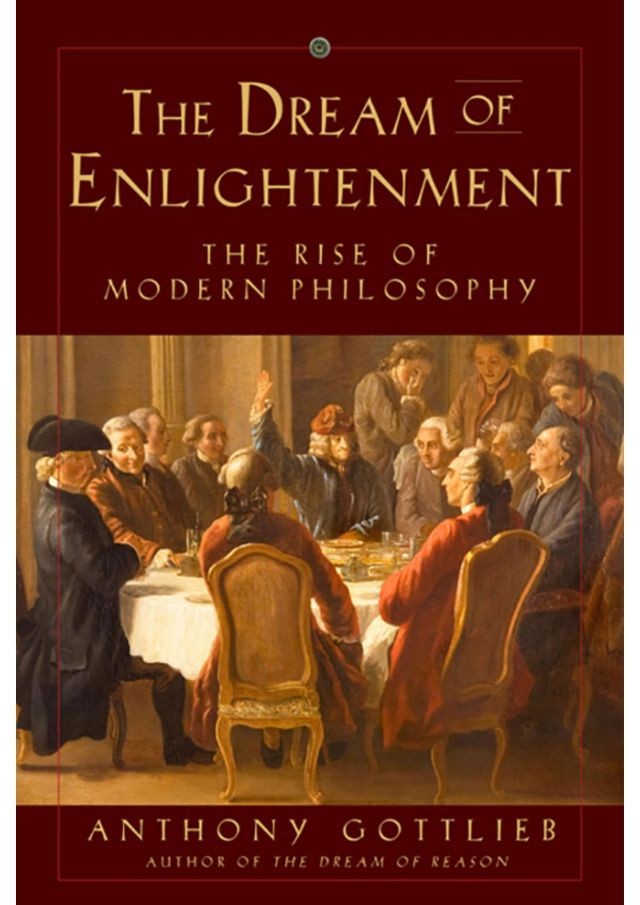Meditating your way through the ups and downs of daily life is the whole point of vipassana. This kind of practice is extremely rigorous and demanding, but it engenders a state of mental flexibility that is beyond comparison. A meditator keeps his mind open every second. He is constantly investigating life, inspecting his own experience, viewing existence in a detached and inquisitive way. Thus, he is constantly open to truth in any form, from any source, and at any time. This is the state of mind you need for liberation.
It is said that one may attain enlightenment at any moment if the mind is kept in a state of meditative readiness. The tiniest, most ordinary perception can be the stimulus: a view of the moon, the cry of a bird, the sound of the wind in the trees. It’s not so important what is perceived as the way in which you attend to that perception. That state of open readiness is essential. It could happen to you right now if you are ready. The tactile sensation of this book in your fingers could be the cue. The sound of these words in your head might be enough. You could attain enlightenment right now, if you are ready.
What a wake-up call!
#mindfulness #enlightenment #awakening #awareness #meditation #Buddhism #vipassana #perception #attention
